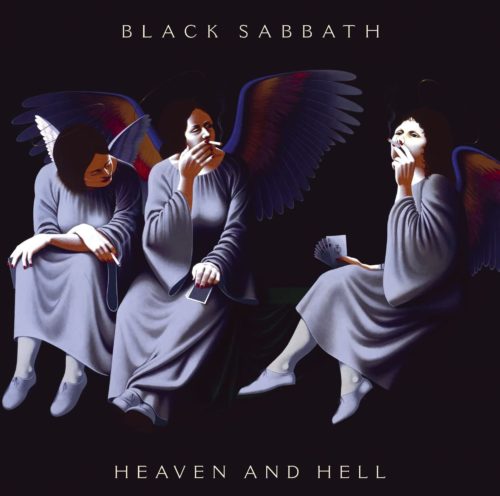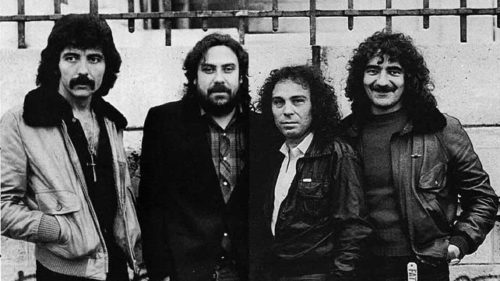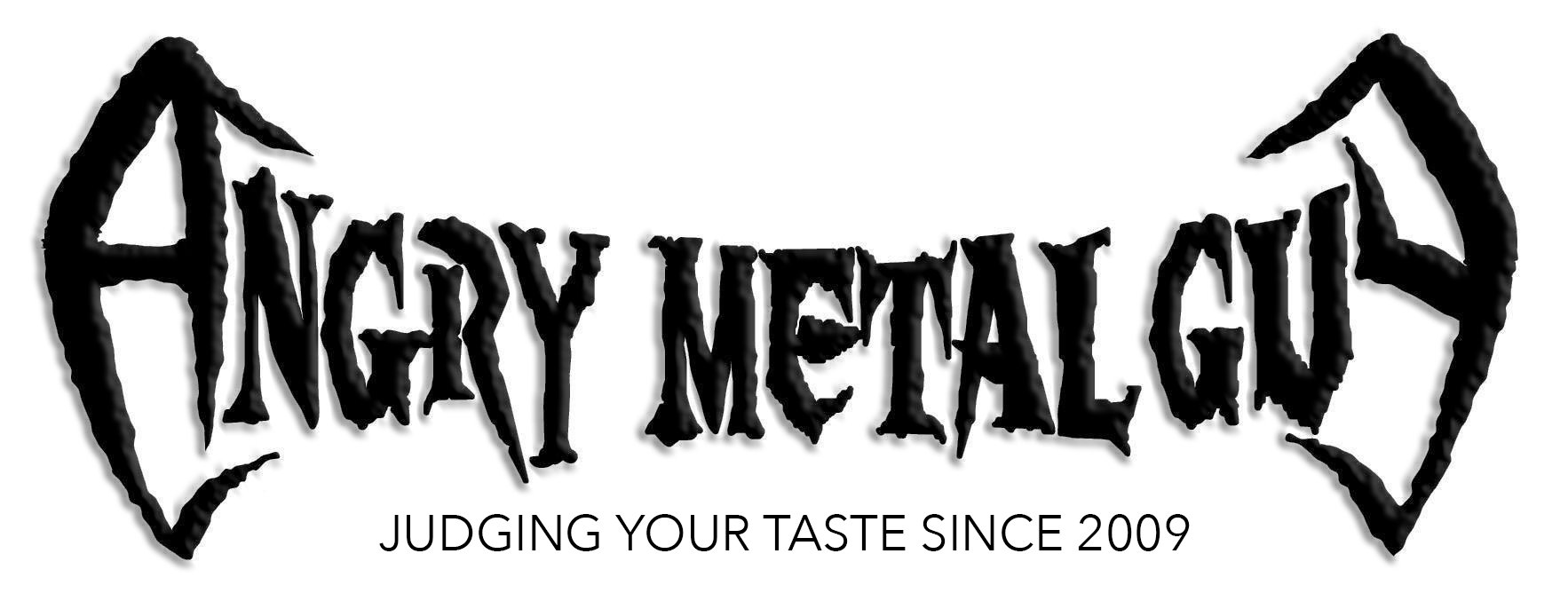 Hello, controversy! In all of metal, one of the most controversial topics is Black Sabbath with and without Ozzy. Passions are inflamed and regrettable words are spewed in both directions any time this debate comes up. Being a human completely lacking in emotion or empathy, I don’t care about it. I want good albums period, and let’s be honest, this record’s predecessor was Never Say Die!, undoubtedly one of the band’s least finest moments, with or without their infamous leading man. No matter what came next, it was a low bar.1 And what came next was actually, subjectively, unemotionally, one of the band’s finest moments.
Hello, controversy! In all of metal, one of the most controversial topics is Black Sabbath with and without Ozzy. Passions are inflamed and regrettable words are spewed in both directions any time this debate comes up. Being a human completely lacking in emotion or empathy, I don’t care about it. I want good albums period, and let’s be honest, this record’s predecessor was Never Say Die!, undoubtedly one of the band’s least finest moments, with or without their infamous leading man. No matter what came next, it was a low bar.1 And what came next was actually, subjectively, unemotionally, one of the band’s finest moments.
Nobody expected Heaven and Hell to be a landmark album, not even Black Sabbath. The band had toiled for nearly a year on the album, with nothing to show for it. Ozzy got canned, Geezer Butler went back home to tend to marital issues, and Tony Iommi wasn’t even sure a Black Sabbath album was in the cards. A side project with former Rainbow/Elf singer Ronnie James Dio was perhaps a better idea, but as the pair jammed it became apparent this was new Black Sabbath material. And when Geezer heard some demos (bass parts had been performed and often written by Geoff Nichols, including the excellent title track) he rejoined the band for recording.2 Nichols moved over to keyboards, which also play an effective role on the album, and Black Sabbath were back off to the races.
I won’t get into the Dio vs Ozzy debate, but the songs on Heaven and Hell are undeniably more musical and melodic than anything off the previous two Sabbath records. This may have rubbed olde-school fans the wrong way, but looking back this music is amongst the finest the band ever wrote. “Neon Knights” and “Die Young” are two electric, immediate songs that storm out of the blocks with guns blazing, the former with a more modern metal feel than one might expect, the latter with an ominous keyboard intro that would come into play again on follow-up The Mob Rules, and more of the thicker, bass-heavy riffing we had come to expect from the band. Two songs that, forty years and counting, I refuse to skip through when they spring up on the stereo.

Sure there are a couple of throwaway tracks that maybe would have been more suited to Rainbow than Black Sabbath – “Lady Evil” and “Walk Away” both lack bite and menace even though they are solid enough hard rock songs – but the standout songs are legendary. Beyond the two mentioned above, we have the iconic title track and the massive closer, “Lonely is the Word.” That song was a bit of a sign of what was to come in the thick, sludgy, and claustrophobic follow-up, The Mob Rules, a classic foray into doom metal which would be amped up to catastrophic proportions on “The Sign of the Southern Cross” and “Falling off the Edge of the World” the following year. And “Heaven and Hell” is the perfect doom song. A memorable riff, killer bass work, fantastic Dio lyrics, one helluva solo from Iommi, and a hauntingly evil acoustic fadeout make this one of my top twenty songs of all time.
The Dio era was short-lived, but to fans like me who don’t always care about what happened in the past, it produced two great albums (and one pretty good one a few years later). I listen to Heaven and Hell and The Mob Rules more than all other Black Sabbath albums combined. Maybe part of that is due to the inimitable legend Martin Birch,3 who produced many of the greatest metal albums of the era. Maybe it is due to the quality of the songwriting. Maybe it’s the chemistry and vitality that comes through in the songs, something we also saw from Ozzy on his first two solo outings around the same time. Really, though, it’s a combination of all the above, and Heaven and Hell was and remains a must-have album.

















